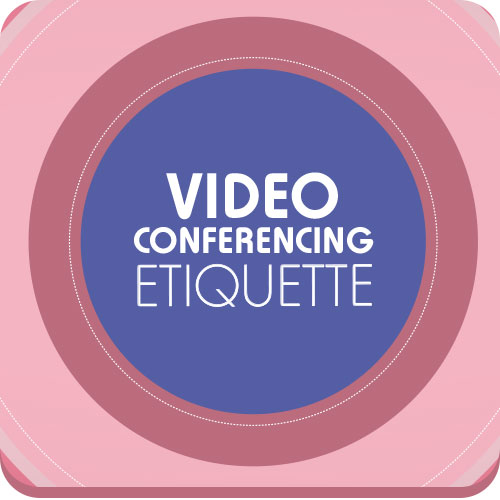Conflict in the Workplace
Conflict is a fundamental part of everyday life, including in the workplace. When diverse individuals work closely together, tensions can arise because of various factors. It’s important to note that conflict isn’t necessarily a bad thing, however the ways in which we handle and resolve these situations can significantly impact our professional relationships and overall workplace environment.
In this guide, we’ll explore the essentials of conflict resolution, from understanding its types and underlying causes to applying practical techniques for effective resolution. Our focus will be on interpersonal conflicts such disagreements between colleagues, between a colleague and a customer, or even among customers.
Why Invest in Conflict Resolution Skills?
Mastering conflict resolution is particularly important as it can profoundly improve relationships not only with your colleagues, but also your customers. Having a sound understanding of conflict resolution enhances your communication skills, deepens your empathy, and contributes to a more harmonious, and therefore productive, work environment. Effective conflict resolution not only reduces workplace stress but also fosters creativity and innovation, leading to better problem-solving and growth opportunities.
Understanding Interests vs. Positions
When addressing conflicts, the first step is crucial – differentiate between a person’s interests and their stated positions. Interests are the underlying needs, desires, or concerns driving someone’s viewpoint, while positions are their explicit demands and or solutions.
For example: Carly’s position might be that she can’t work on a public holiday, whereas her interest is attending a family event. On the other hand, Carly’s boss Ashlen’s position is that she wants Carly to work that day, but her interest is that she’s concerned she won’t have enough staff to cover the morning rush. Understanding these interests allows for more flexible and effective solutions, like Carly working the morning shift and having the afternoon off to attend her event.
It’s imperative to practice active listening in order to uncover the individuals’ interests – listen carefully and empathetically to grasp each party’s true needs, rather than getting stuck on surface-level positions.











